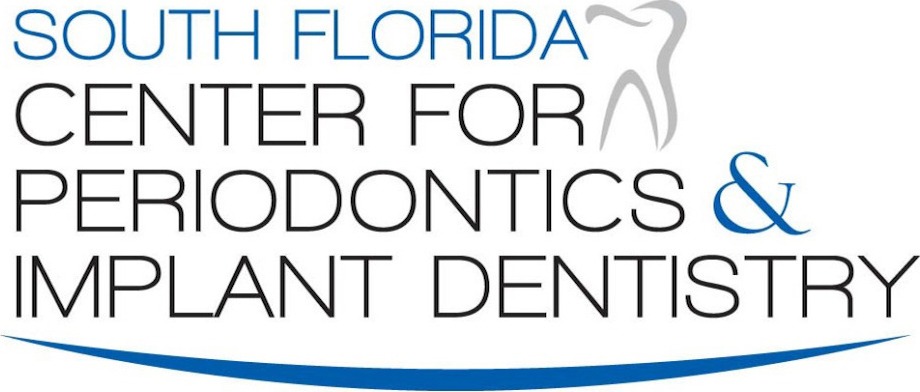Can Gum Issues Lead to Heart Problems?
April 3rd, 2023
In a Japanese university study recently published and commented on throughout the medical community, researchers once again provided more evidence that severe gum disease (periodontitis) can be linked to heart issues. In this case, the thought is that periodontitis can be related to atrial fibrosis (the scarring to an appendage of the heart’s left atrium) which leads to atrial fibrillation (irregular heartbeat), also known as A-Fib.
Hiroshima University assistant professor, Shunsuke Miyauchi, MD, said, “Periodontitis is associated with a long-standing inflammation, and inflammation plays a key role in atrial fibrosis progression and atrial fibrillation pathogenesis (development of the disease).” The researchers also concluded that the more severe the gum disease, the worse the incidence of fibrosis, suggesting that inflammation in the gums can intensify inflammation in the heart.
Gum Disease and Other Systemic Issues
As we’ve reported on previously (and will continue to highlight with additional studies continuously coming out), severe gum disease is indeed associated with inflammation, which studies show linked to systemic diseases throughout the body including:
- Respiratory diseases
- Diabetes
- Coronary artery diseases
- Certain cancers
- Dementia
- Premature births/low birth
- rates
- Stroke
The study referenced above is certainly not the first time the relationship between gum disease and cardiac issues has been reviewed. Google the topic and you’ll find numerous population-based studies across the world. As one example, CardioSmart, the publication of the American College of Cardiology, referenced the “PAROKRANK” study (Periodontitis and its Relation to Coronary Artery Disease) in 2016. It concluded that gum disease increased the risk of heart attack by 50%.
Address Gum Disease TODAY
As always, further studies are warranted. It’s not farfetched to believe that we’ll see gum disease one day considered a major risk factor for atrial fibrillation along with issues like obesity and bad habits like smoking. There are enough red flags these days for us to continue to urge patients and their families to treat gum disease promptly before the disease progresses. The CDC shows us that nearly half of all adults over the age of 30 already show signs of gum disease!
In most incidences, we’re happy to remind you that gum disease is normally reversible in its earliest stage (gingivitis) and can be successfully treated in more progressed situations. You can read more about some of the methods we employ here at South Florida Center for Periodontics & Implant Dentistry to target gum disease, like the LANAP® laser protocol, root coverage, our regenerative endoscopic procedure, and other non-surgical treatments. Then make your appointment for a consultation today. Referrals are not needed!
